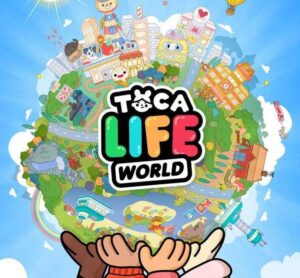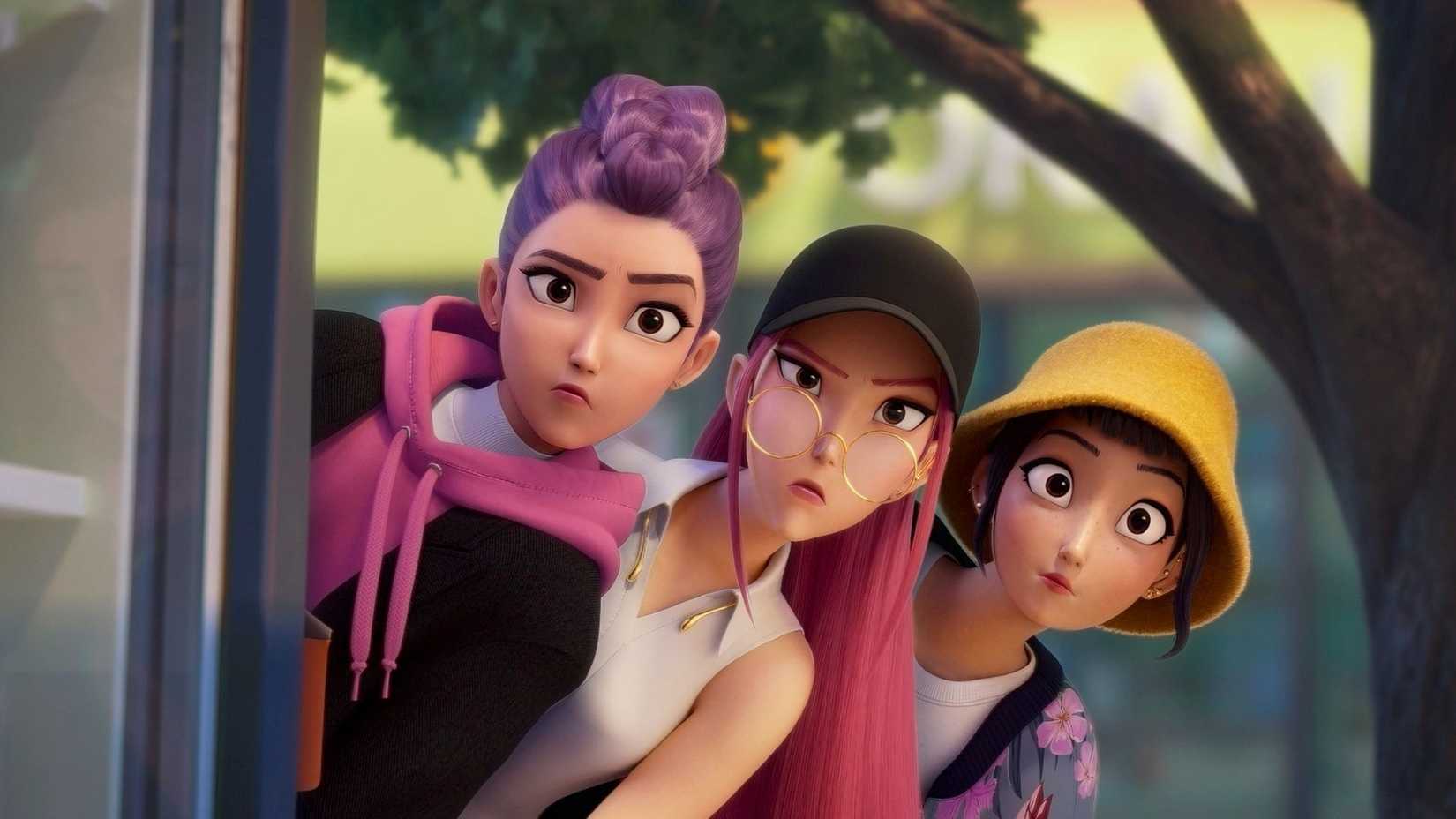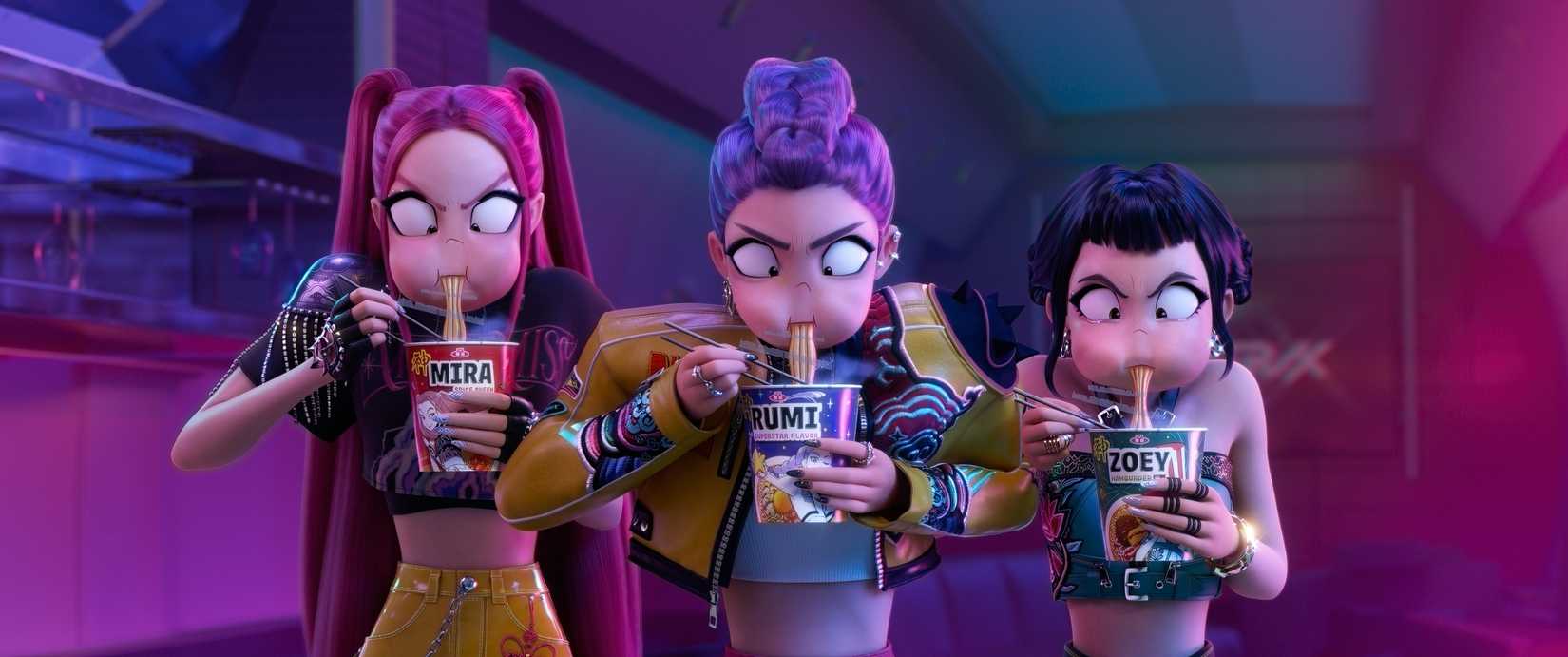The K-Pop Demon Hunters Sequel Is Coming, But A Writer Has Admitted To A Terrible Catch
Popular Now
 Free Fire Max
Free Fire Max
 Geometry Dash
Geometry Dash
 Schedule I
Schedule I
 Valorant
Valorant
 Auto X Drift Racing 3
Auto X Drift Racing 3
 NBA 2K24
NBA 2K24
 Stumble Guys
Stumble Guys
 Rust
Rust
 Garena Free Fire: Kalahari
Garena Free Fire: Kalahari
 God of War Ragnarök
God of War Ragnarök  The animated smash hit K-Pop Demon Hunters is reportedly getting a sequel, which is welcome news for its millions of fans. However, a stunning admission from a writer on the project has cast a dark cloud over the celebrated film and its potential follow-up. In a recent online discussion, a writer for the film acknowledged the use of AI in the script’s development. This revelation has sparked a major controversy, dividing the film’s community and reigniting the fierce debate over the use of artificial intelligence in creative industries. While fans are thrilled at the prospect of a new film, this “terrible catch” is leaving many feeling betrayed and questioning the artistic integrity of a movie they once cherished.
The animated smash hit K-Pop Demon Hunters is reportedly getting a sequel, which is welcome news for its millions of fans. However, a stunning admission from a writer on the project has cast a dark cloud over the celebrated film and its potential follow-up. In a recent online discussion, a writer for the film acknowledged the use of AI in the script’s development. This revelation has sparked a major controversy, dividing the film’s community and reigniting the fierce debate over the use of artificial intelligence in creative industries. While fans are thrilled at the prospect of a new film, this “terrible catch” is leaving many feeling betrayed and questioning the artistic integrity of a movie they once cherished.
K-Pop Demon Hunters, a joint project between Sony Pictures Animation and Netflix, has been a global phenomenon. It has shattered Netflix viewing records, with over 266 million views, and its soundtrack has seen monumental success, with songs like “Golden” topping the Billboard charts. The film was praised for its vibrant animation, compelling story, and powerful themes of self-acceptance and identity. The news of a sequel, which has been in negotiation between Sony and Netflix, has been met with widespread excitement. However, the online admission that AI was used in the writing process has soured the mood for many who believed the film was a product of pure human creativity and passion.
 The Controversy: A Deeper Look at the Use of AI in Creative Works
The Controversy: A Deeper Look at the Use of AI in Creative Works
The core of this controversy lies in the ethical and artistic implications of using AI in the creative process. The writer’s comment, which was made in a private forum but quickly went viral, did not specify the extent of the AI’s use. This ambiguity has led to rampant speculation and heated arguments. Here is a breakdown of the central issues:
- Artistic Integrity and Deception: Many fans feel that the use of AI, even as a tool, devalues the final product. They argue that it is a form of deception, as the film was marketed as a human-made work of art. This sentiment is particularly strong within the K-pop community, which places a high value on the hard work and dedication of artists. The idea that parts of the script were generated by a machine feels like a betrayal of that artistic spirit.
- Potential for Plagiarism: The fear of AI-generated content is often tied to the risk of plagiarism. Artists and writers are concerned that AI models, which are trained on vast datasets of existing works, may inadvertently copy or plagiarize content. This raises legal and ethical questions about intellectual property and the ownership of creative works.
- The “Writers’ Room” Debate: The controversy has also brought attention to a long-standing issue in the film industry: the writers’ room. Some in the industry have argued that AI is being used as a cost-cutting measure, replacing human writers who deserve fair compensation and recognition. This narrative is a powerful one and resonates with many people who feel that their jobs are at risk due to automation.
 A Complicated Path for the K-Pop Demon Hunters Franchise
A Complicated Path for the K-Pop Demon Hunters Franchise
The use of AI in the original film’s script could have serious ramifications for the sequel. Fans who were once excited about a new film are now questioning their support. The sequel, which is still in the early stages of development, may now face an uphill battle to win back the trust of its audience. The production teams at Sony and Netflix will likely need to address this controversy directly, and their response will be crucial in determining the future of the franchise. Director Maggie Kang has previously stated that the film was a deeply personal project, inspired by her Korean heritage. This adds a painful layer to the current scandal, as fans feel the use of AI undermines the film’s authenticity.
The debate highlights a broader issue within the entertainment industry: the delicate balance between creative vision, technological innovation, and consumer expectations. While the use of AI as a tool for brainstorming or improving efficiency is becoming more common, its application in core creative tasks is still a sensitive subject. The K-Pop Demon Hunters sequel could become a test case for how a major studio navigates a controversy born from the use of AI. Whether the developers can rebuild trust with their fanbase and deliver a sequel that is both successful and ethically sound remains to be seen. The discourse around this topic is generating significant traction online, and is a major source of high-CPC keywords for news outlets and industry analysts. The next few months will be crucial for the franchise as it attempts to move forward from this “terrible catch” that has left many fans feeling blue.









 The Controversy: A Deeper Look at the Use of AI in Creative Works
The Controversy: A Deeper Look at the Use of AI in Creative Works A Complicated Path for the K-Pop Demon Hunters Franchise
A Complicated Path for the K-Pop Demon Hunters Franchise